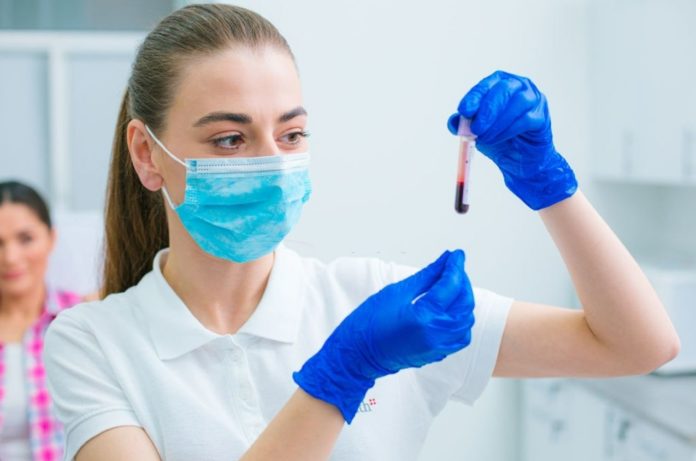Only a few malignancies have a strong genetic relationship, making it difficult to determine who is more at risk.
Knowing who is likely to get cancer may help in early detection.
Two of the deadliest malignancies include esophageal cancer and stomach cancer. Only around 20percent of persons diagnosed with esophageal cancer live longer than five years after their diagnosis. This figure is around 32percent in the case of stomach cancer.
In the United States, esophageal cancer is the third leading cause of cancer death. Stomach cancer is the fifth most frequent cancer worldwide, accounting for just approximately 1.5 percent of cancer occurrences in the United States.
When it comes to stomach cancer and esophageal cancer, the early stages often don’t present any signs at all. These tumors commonly spread to other parts of the body before they can be cured, making treatment more challenging.
In this recent study, researchers found that one blood type increases the risk of these two deadly cancers.
Researchers looked at genetic data from thousands of Chinese citizens in a study published earlier this year in BMC Cancer. They discovered that people with blood type AB are 34% more likely than people with blood type O to acquire esophageal cancer.
Furthermore, individuals with type AB blood had a 44 percent higher risk of stomach cancer, while those with type A blood had a 37 percent higher risk.
The researchers are unsure and have urged more analysis. The link between esophageal cancer and blood type has only been studied in a few research. However, some research dating back decades have revealed a relationship between blood type and gastric (stomach) cancer.
Smoking, drinking alcohol, and acid reflux are all risk factors for esophageal cancer, according to the National Cancer Institute.
Unexpected weight loss, chest pains, increased indigestion or heartburn, and coughing or hoarseness are all indications of gastroesophageal reflux disease.
Smoking, infection with H. pylori bacteria, and certain hereditary disorders are the top risk factors for stomach cancer, according to the National Cancer Institute.
A few of the signs and symptoms of stomach cancers are trouble swallowing, bloating after meals, feeling full even after only a small amount of food, stomach pains, heartburn, and nausea.
Image Credit: iStock
You were reading: This blood group increases your risk of “deadly” cancer
